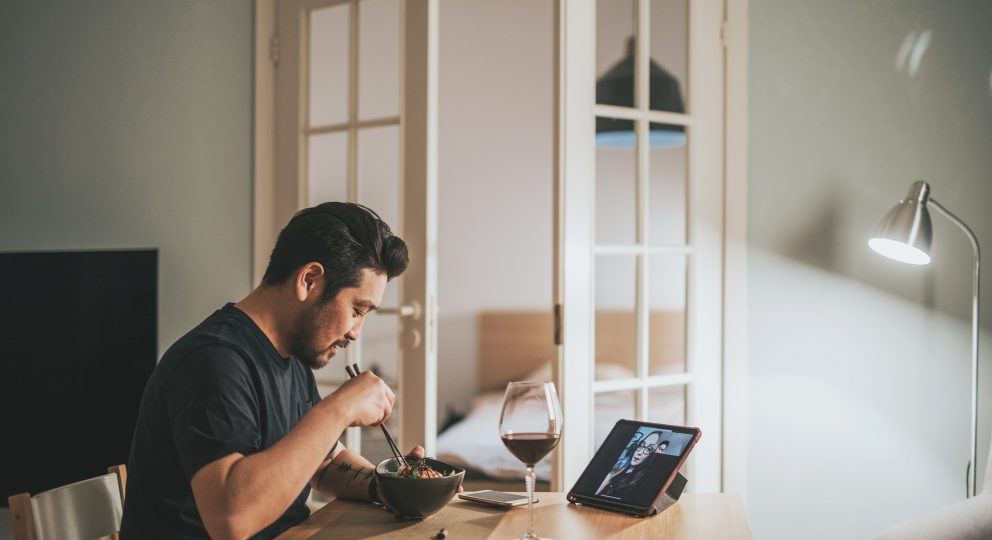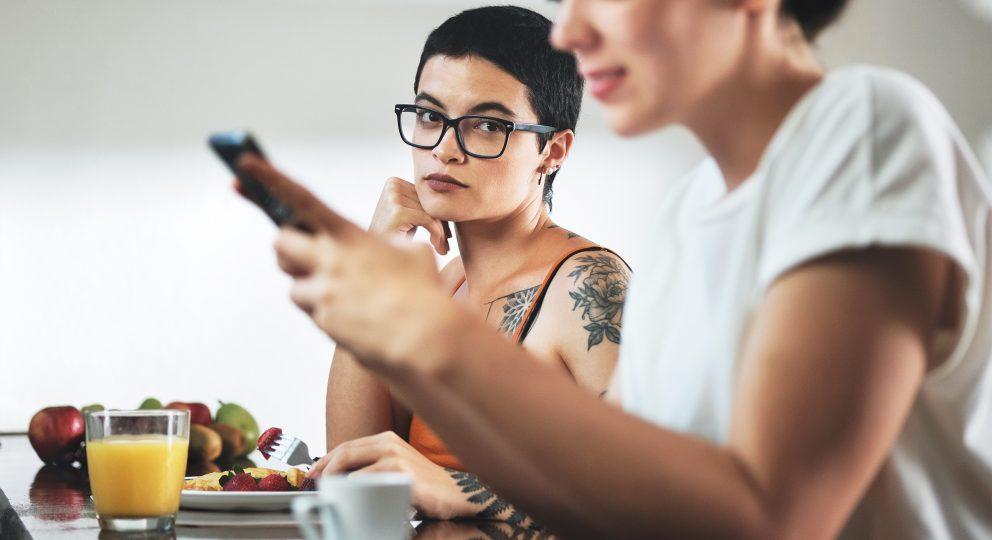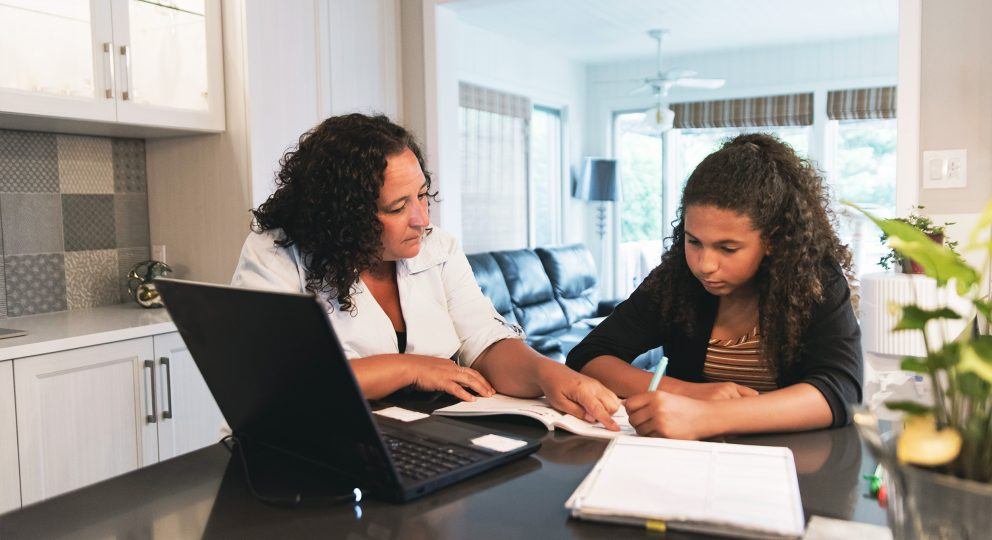In a previous post, Zach Brittle, LMHC, offered his perspective on relationships in the digital age as a clinician.
In his piece, Brittle neatly summarizes:
“Technology invites us to avoid intimacy and we accept the invitation.”
This statement is chilling in part because technology is personified, and given some consideration, the rhetorical choice makes sense as a reflection of its glorified presence. His words carry another uncomfortable meaning: do you remember a moment when you intentionally chose to accept technology’s invitation? There is rarely such a moment.
The acceptance of the invitation happens gradually and subtly, in choices to turn away from each other and face the screen. The phone, the computer, the table, you name it. An escape into the straightforward, undemanding world of cyberspace. You want your relationships simplified. Virtual connection? Easy and addictive. You look up from your screens and find yourself disconnected. You may realize that in your unwitting withdrawal you alienated those you care about. Plus, self-imposed isolation is difficult from which to emerge. How can people, as Brittle suggests, “choose better?”
First, accept that you don’t come together face-to-face as much as you used to or need to. To feel truly connected to one another, you need to create sacred times and spaces. These can be both formal or informal rituals of connection with your loved ones. Make a commitment to come together regularly with your family and friends—virtually if you have time—creating a sense of reliability, security, and trust in our relationships.
You can come together with anyone at any moment, simply by giving them your attention, affection, or love. It is when you choose to be fully present with your loved ones that you build your most profound and beautiful connections.
Below is an exercise that will inspire you to dream up ways to apply this knowledge to bring yourself closer to the ones you love most. The following are suggestions for creating Shared Meaning from Dr. Gottman’s celebrated book, “The Relationship Cure.” These ideas are ones that you can use in all your relationships, whether it be with your partner, children, siblings, extended relatives, and even friends! Try out a few of them, and see how your relationships grow closer and start to feel more connected:
Things to do for (and with) your friends and family:
- Ask “How are you?” in a way that shows that you really want to know
- Listen to stories and jokes, even when you’ve heard them before
- Say thank you for favors
- Ask for advice, give advice, don’t feel obligated
- Know when what you are asking for is too much
- Remember birthdays, give personalized gifts, don’t feel that you must overspend
- Offer compliments
- Accept apologies
- Let them off the hook when they say “I can’t do it” or “I’m exhausted”
- Let them be upset if they need to be
- Ask for help
- Let them help you
- When they are stressed, try to help them (within your power)
- Collaborate on projects
- Talk on the phone
- Host watch parties for mutual friends
- Celebrate each other’s successes
- Cry together
- Laugh together
Read more on the Digital Age blog series.







